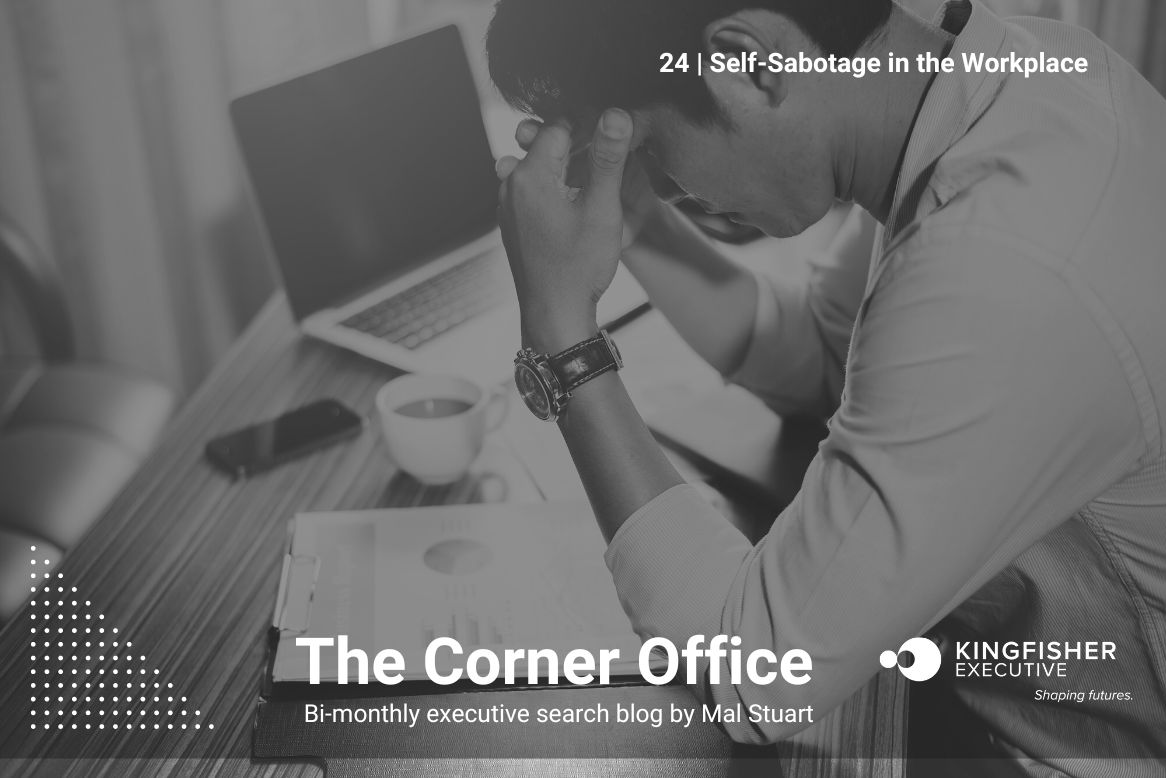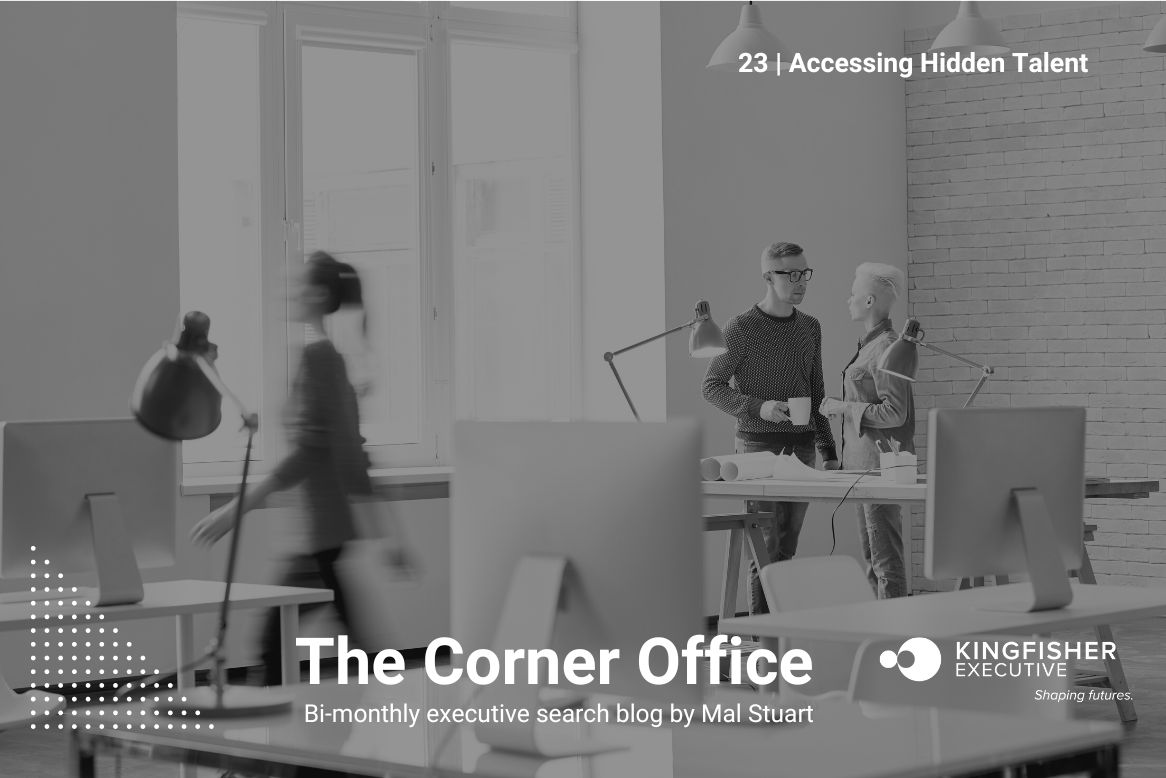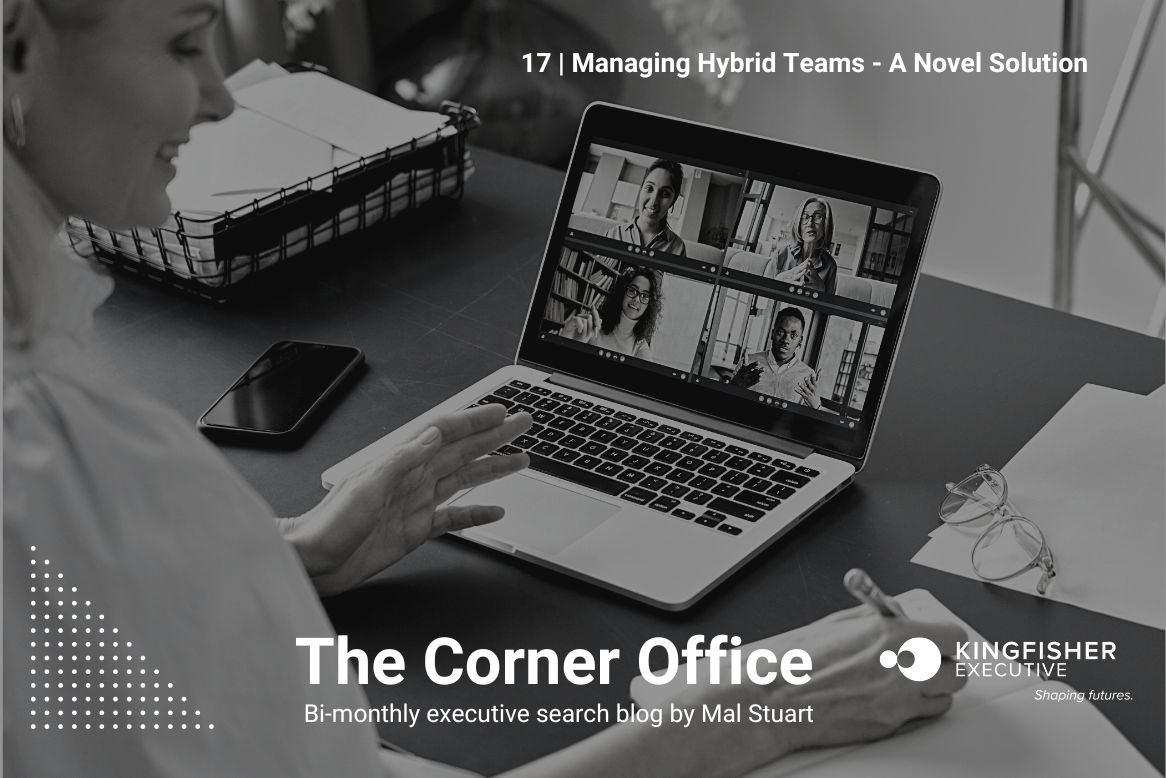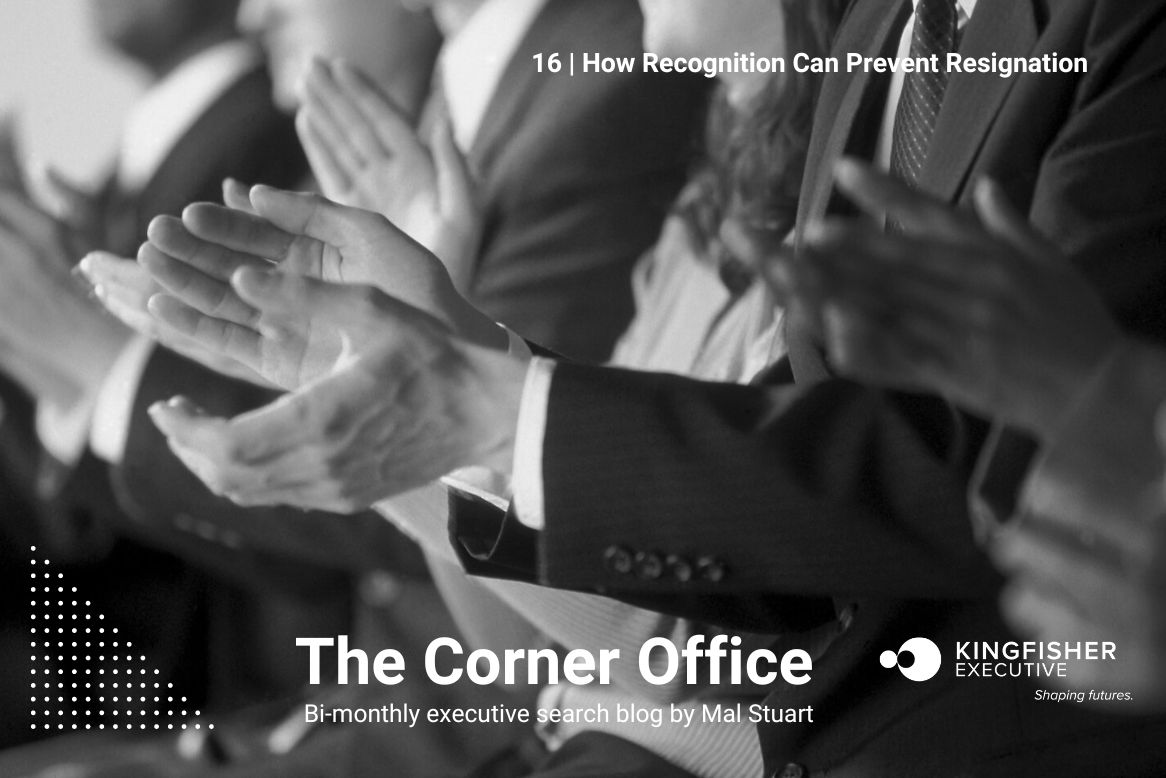
7 Considerations Before Changing Jobs
We are expecting quite a few job shuffles in the New Year but what should executives consider before making a move?
1 – Timing
Have you completed the job? Although timing is rarely perfect, have you achieved your key goal/s? If there is still unfinished business, it may be best to stay on. Think longer-term about your personal brand and the message you are sending.
While you are working hard to get to the right point, you can have an active plan in the background.
2 – What are you leaving?
We have the tendency to under-value what we have and idealise new possibilities – this is the ‘grass is greener’ thing.
If you are leaving because of a difficult colleague or particular challenge, chances are that something similar will present at your new workplace.
3 – Running from a bad job or going to a good job?
If you find yourself in a toxic environment, anything might seem better. However, we encourage you to not just seek ‘better’, but apply a critical eye when assessing your next steps. Otherwise, you may find yourself back in the job market in less than 12 months.
4 – WFH and Work-Life Balance
This is a tough one and many businesses are still working through what flexibility looks like. This is particularly the case for leaders, who are expected to be ever-present to manage effectively.
Asking about flexibility at an interview seems reasonable but you may run the risk of sending the wrong message. Instead of asking about WFH options directly, consider asking about their company experience in managing productivity and workplace flexibility.
There are two key ingredients to flexibility – being on top of your job and trust. If you have satisfied these two criteria, you are well on the way.
5 – What’s on offer?
Remuneration. Advancement. Team leadership. Growth. Culture. Role. Greater responsibilities. Learning. Yes, there are many considerations but the main factor is what is important to you at this stage of your career.
Some easy ones to avoid:
Right role/title – wrong company
Right money – wrong company
Right company – wrong role
6 – Playing it safe
Ironically, playing it safe and avoiding a ‘risk’ can itself be career-limiting and risky.
Over-staying in a role or company can (sometimes) limit your growth prospects, is it 10 years of experience or 1 year 10 times?
7 – Seek advice
Although it is your career and your decision, seeking feedback from others can be invaluable.
Who to ask? In this context, people fall into two categories – well-meaning or well-informed. Friends and partners fall into the former category and are best seen as your cheerleaders or support.
Well-informed advisors are the ones you should seek – mentors, senior colleagues and even your current boss. These people understand you in a work context and the nuances of your industry and career. Remember you are seeking advice rather than confirmation.























































